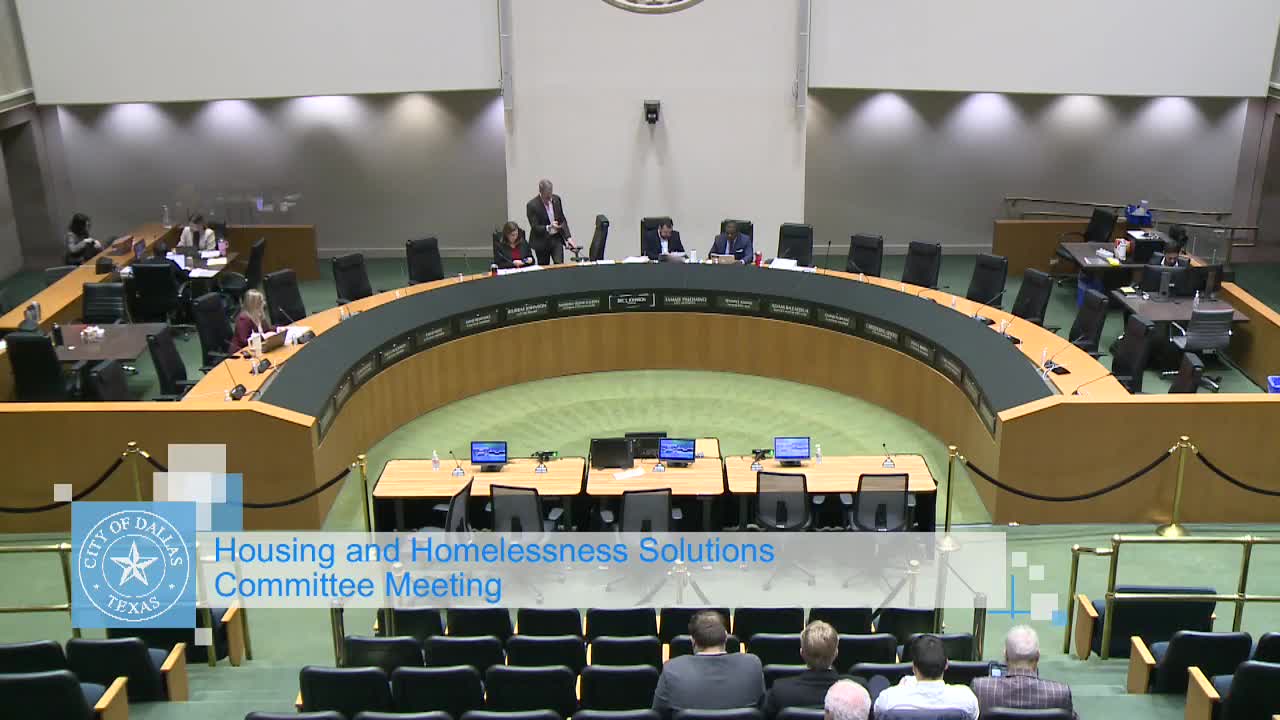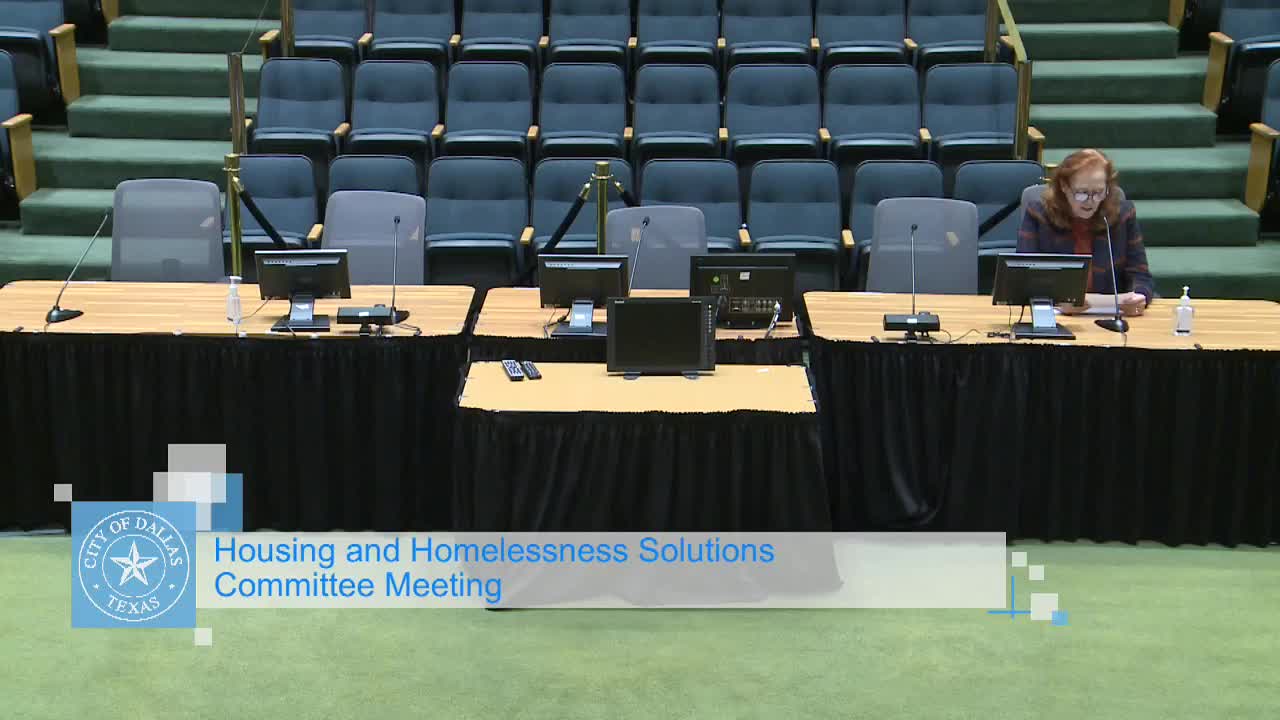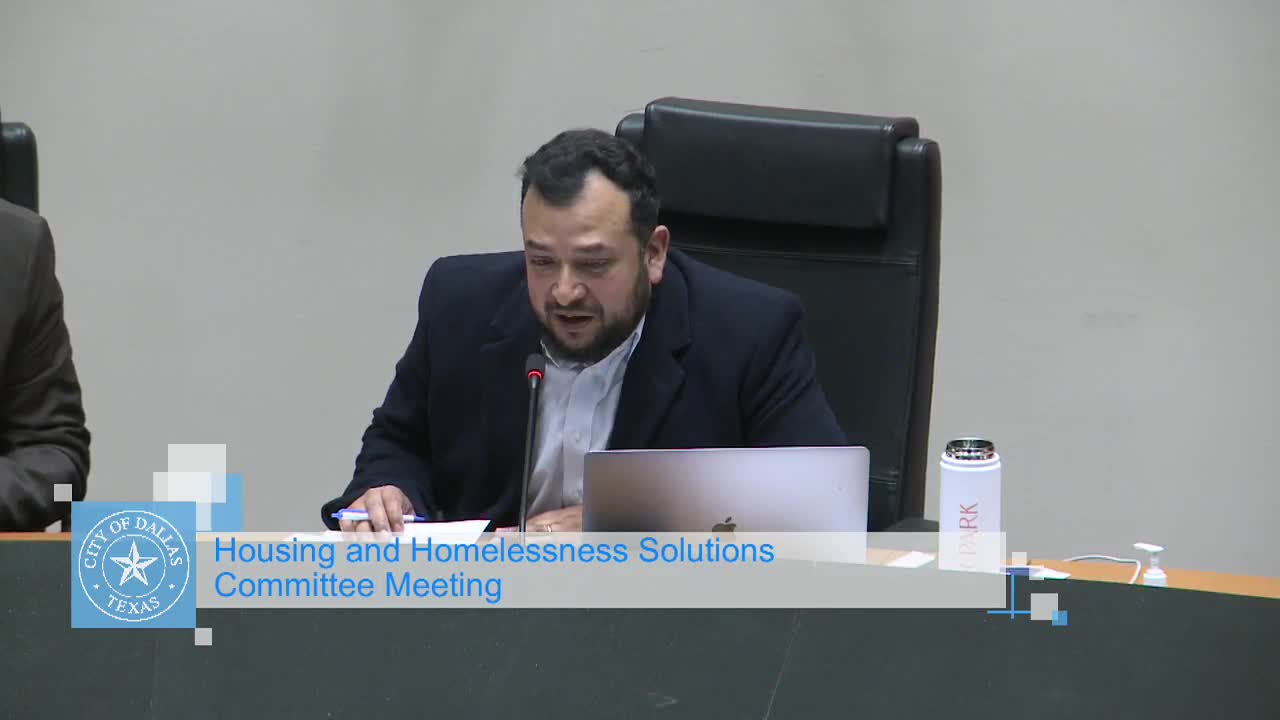Article not found
This article is no longer available. But don't worry—we've gathered other articles that discuss the same topic.

City staff and Housing Forward seek ARPA support for $30M "Street to Home" push to halve unsheltered homelessness

Stewpot acquires City Square campus, seeks $10M in fundraising to operate two sites

